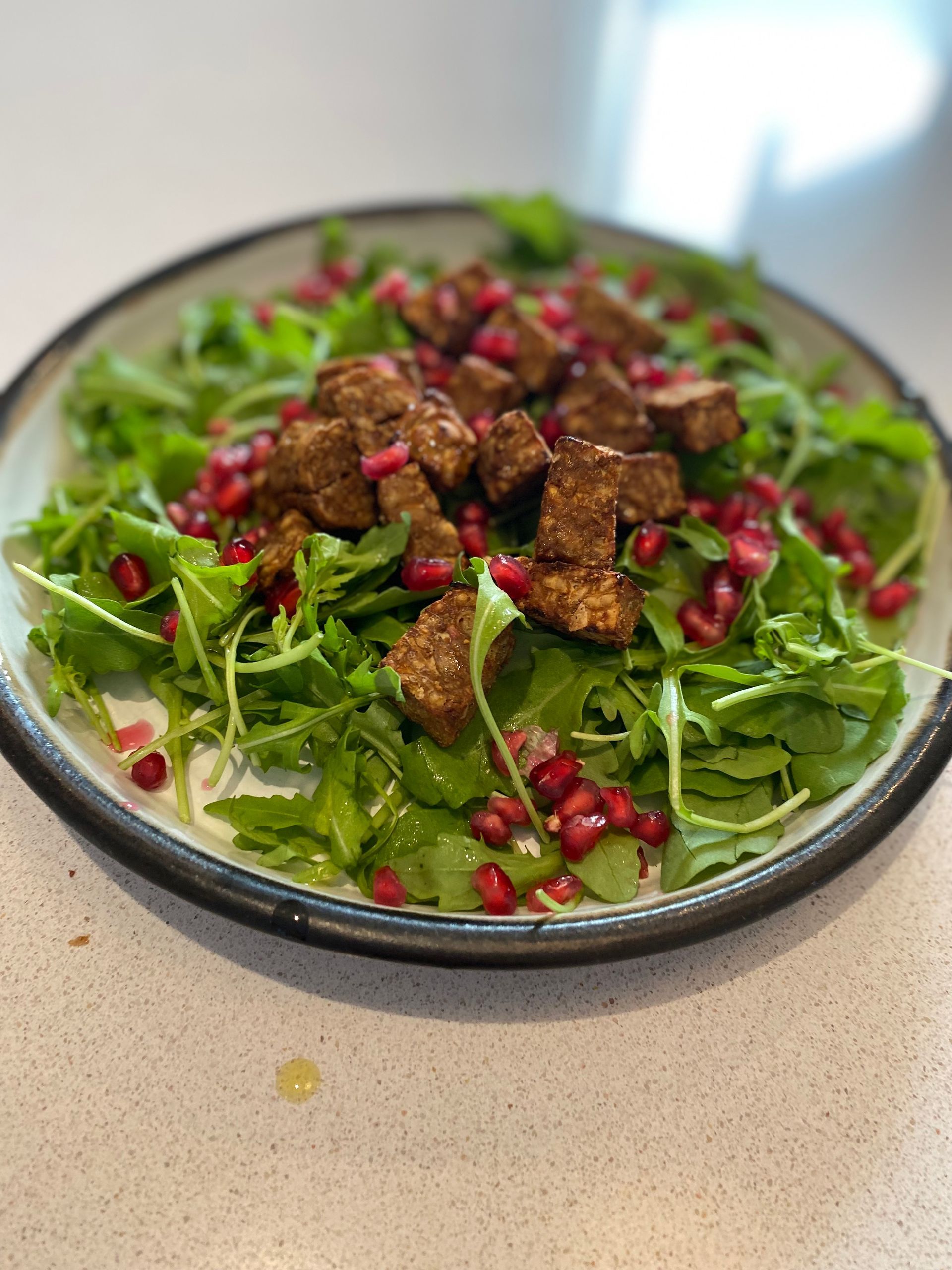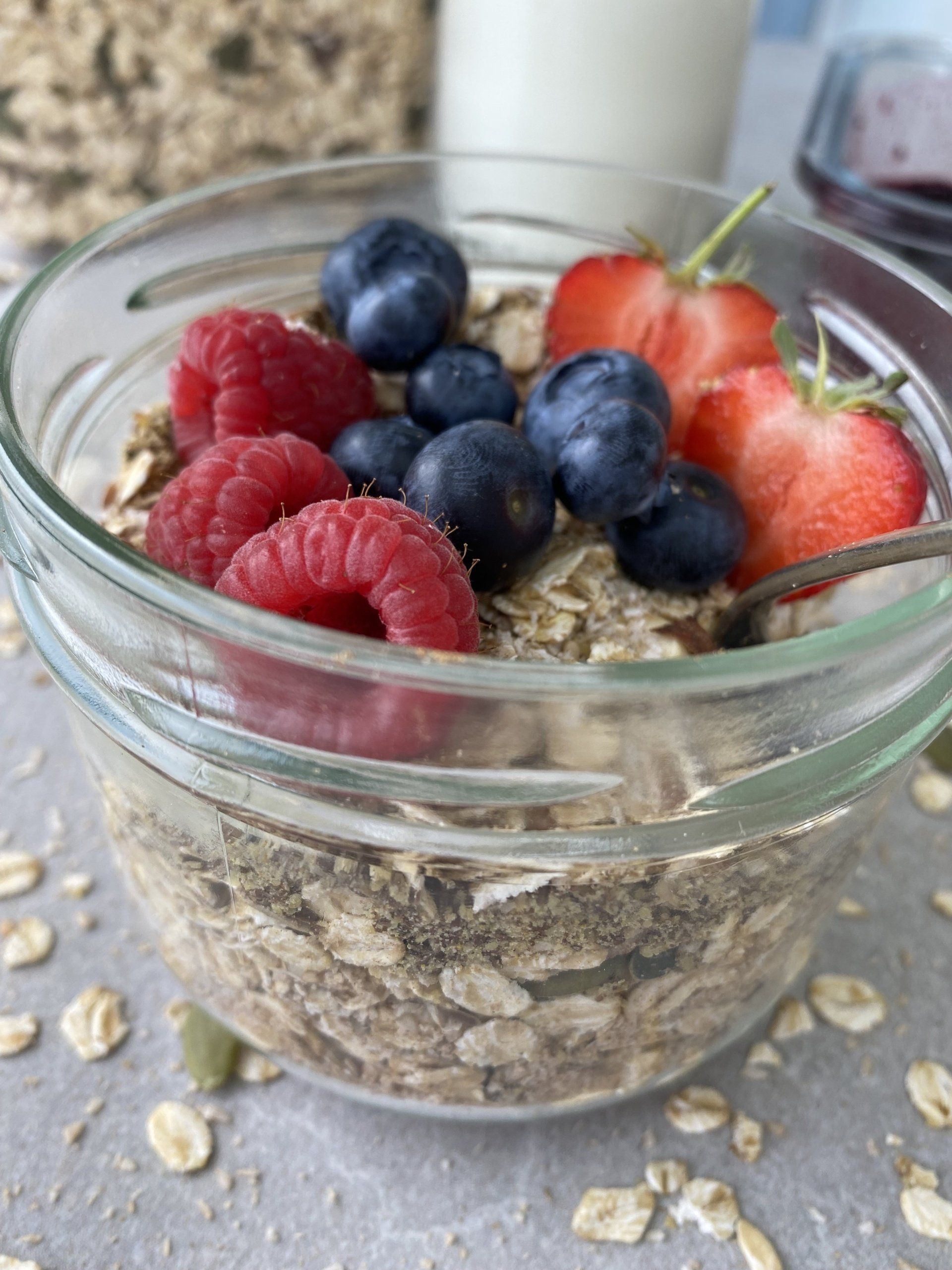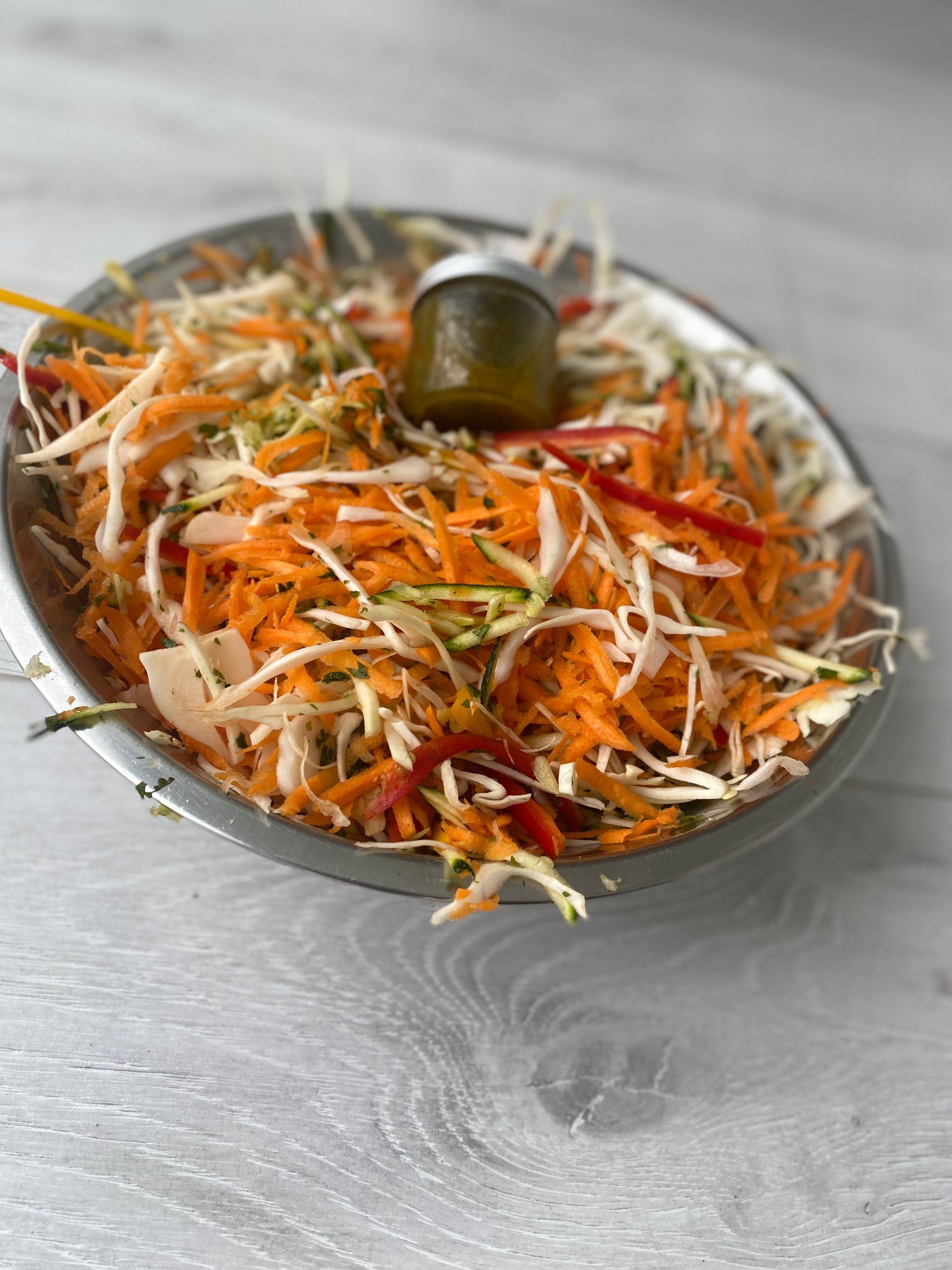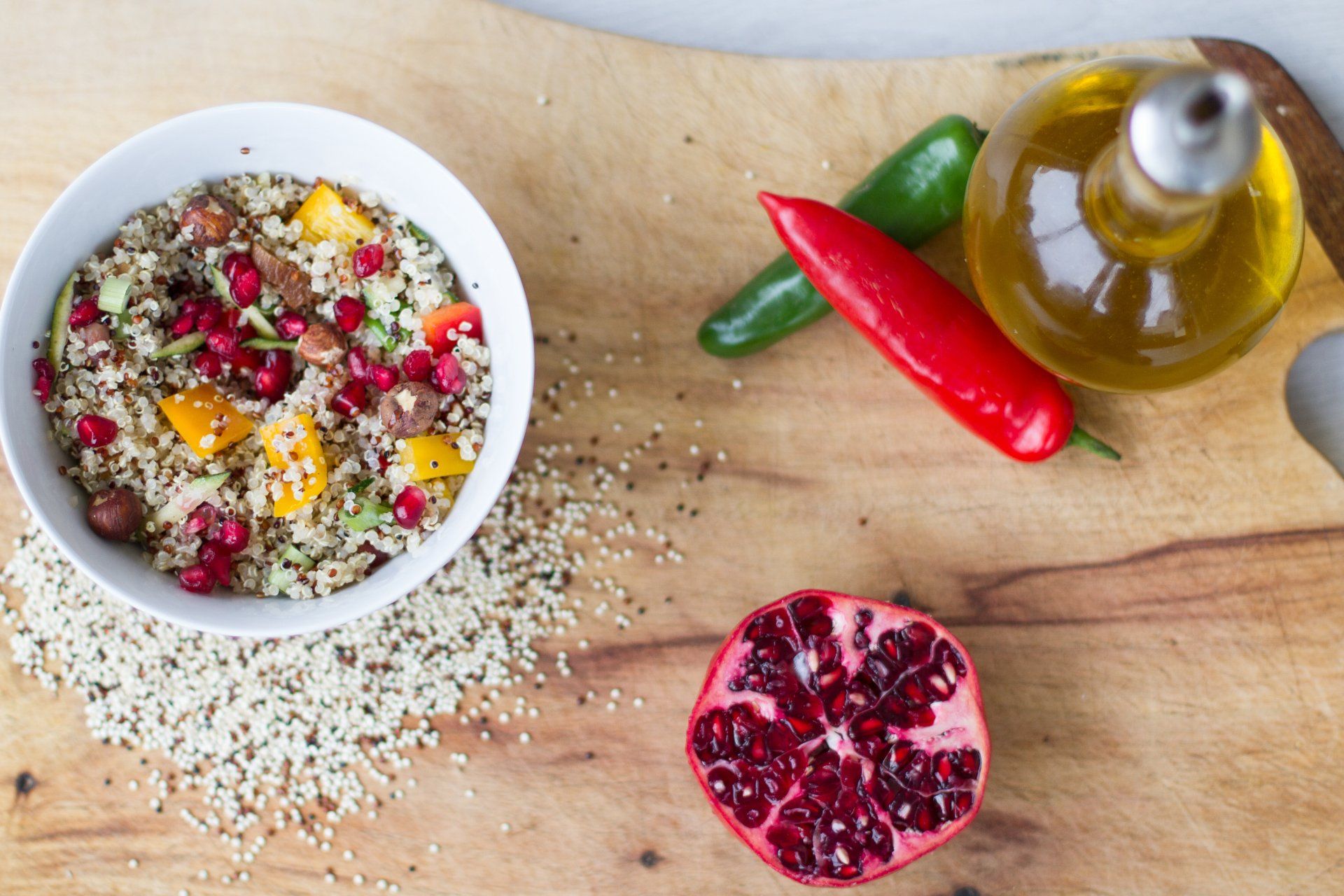Grocery Shopping Tips to Save Time, Money, and Food Waste!
Tips for home cooks

Planning your weekly menus can help you get organised, save time & money, reduce stress and increase your health and happiness.
I share these tips throughout my live cookery classes. This month I have shared one per day in my Instagram stories, here they are, all collated for you!
1. Get the household involved
Ensure you get everyone in the household involved, whether they simply suggest a meal they would like you to cook or one they will cook themselves, it can depend on the age and ability of household members! If all members think of what they would like to have (within reason) it can reduce complaints and also develops a healthy respect for others' preferences as well as sharing the load. It also removed the question, "whats for dinner?". I usually say, look at the planner on the fridge door!
2. Plan ahead
Make a meal plan for the week and create a shopping list based on it. This helps avoid impulse buys and ensures you have everything you need. I have a simple to use template you can download.
3. Take Inventory
Check your fridge, freezer, and pantry before heading out. Avoid buying duplicates of ingredients you already have.
4. Shop with a List
Stick to a shopping list to keep focused and prevent overspending.
5. Organise Your List by Section
Grouping items by category (Veg, fruit, fridge, freezer, dry goods etc.) makes shopping quicker and more efficient.
6. Avoid Shopping When Hungry
Hunger can lead to impulse buys, especially of unhealthy snacks and processed foods.
7. Early morning shopping is pleasant
The shelves in supermarkets tend to be restocked overnight so shopping as soon as the store opens improves the chance that they will have everything you need and it isn't crowded and often no queues at the tills. It can be quite pleasant!
8. Buy in Bulk (When It Makes Sense)
Staples like rice, pasta, and dried beans are cheaper in bulk and have a long shelf life. The other side to that is that if you are cooking for one or even 2 people then buying the exact quantity you require from a bulk food store makes more sense!
9. Keep a list of items that are running low
On my menu planner templates I have a section where people can add to a short list things that are running low, e.g. condiments. If someone sees it is running low or takes the last one, they add it to that list so it can be purchased next time.
10. Consider using a shopping app
Alexa and Google both have shopping apps, while I cook if I need to add something to my list I simply talk to the device and it gets added to my list which I get on my phone in the shops or when I create my next shopping list.
11. Know When to Buy Fresh vs. Frozen
Frozen fruits and vegetables can be just as nutritious as fresh and have a longer shelf life, reducing waste. Think peas, edamame beans, sweetcorn, spinach and berries
12. Read Labels
Check ingredient lists for hidden sugars, additives, and preservatives.
13. Choose Whole Foods Over Ultra Processed Foods
Whole foods like fresh vegetables, lean meats, and whole grains are healthier and often more versatile than ultra processed foods.
14. Buy Seasonal Produce
Seasonal fruits and vegetables are fresher, tastier, and often more affordable.
15. Shop Local When Possible
Supporting local farmers’ markets or grocers often means fresher produce and higher quality ingredients.
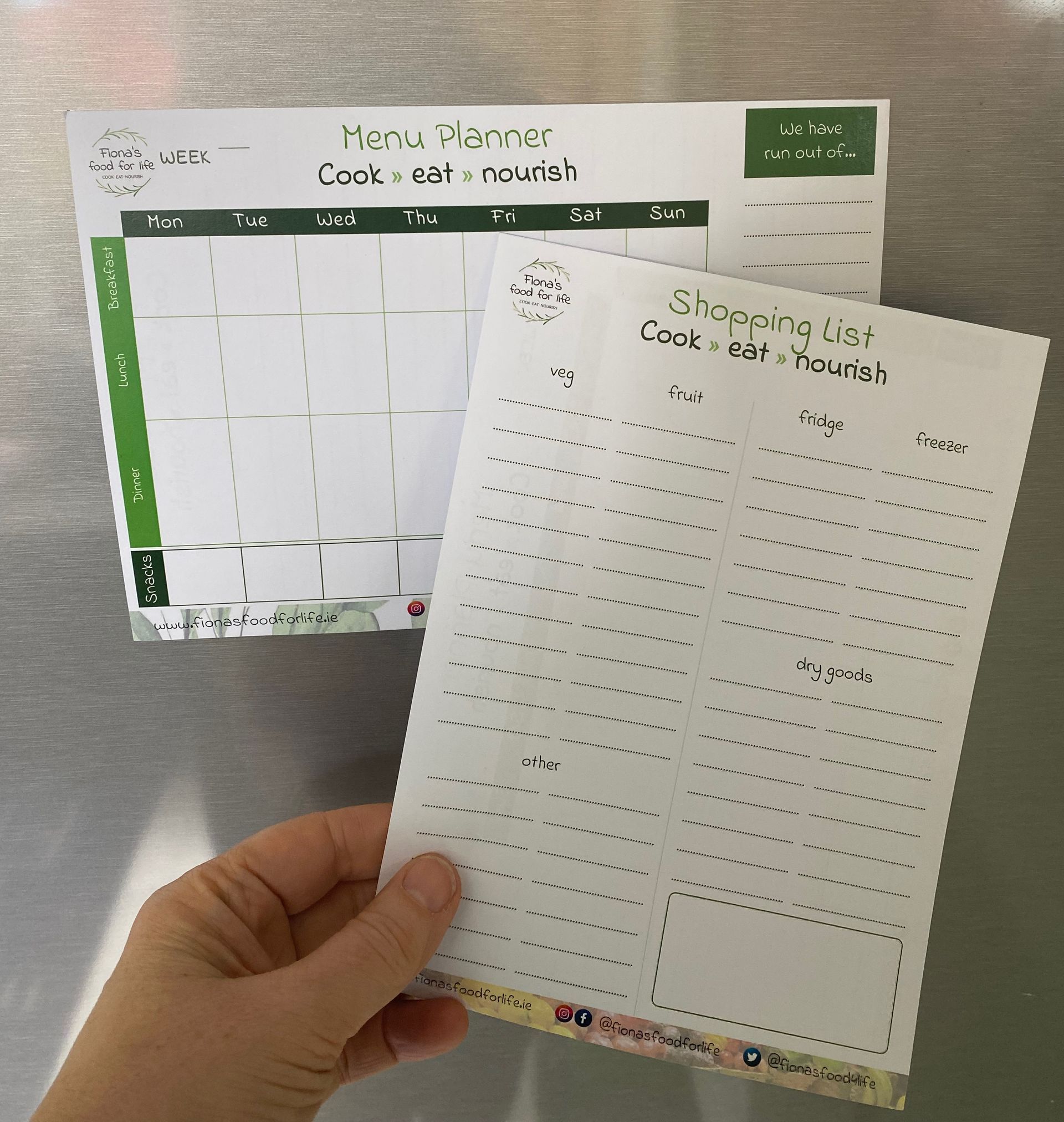
16. Choose Generic Brands
Many store-brand items are just as good as name brands and often much cheaper. Read the ingredients list and nutritional breakdown to be sure.
17. Opt for Minimal Packaging
Buy loose produce instead of pre-packaged to reduce waste and often save money.
18. Buy Only What You Need
Avoid over-purchasing perishables to prevent food waste.
19. Pack your groceries according to their storage needs
At the store or market, place fridge items together, vegetables together, pantry essentials together and any cleaning products away from food. This will make unloading and storing more efficient when you get home.
20. Check Expiry Dates
Select products with longer shelf lives, especially dairy and meats.
21. Rotate Your Stock
When unpacking groceries, move older items to the front so they get used first.
22. Don’t Be Fooled by Marketing Gimmicks
Phrases like “all-natural” or “low-fat” can be misleading—always check the ingredients.
23. Buy Herbs in Small Quantities
Fresh herbs have a short shelf life. When you bring them home, wrap them in wet kitchen tissue and store them in the fridge, change the tissue as needed, you can also freeze leftover herbs in olive oil for later use.
24. Be Flexible with Your List
If you find a great deal on a substitute ingredient, be willing to swap.
25. Mark off your list as you purchase items
As you place items in the trolley, mark them off your list, this will keep you focused and reduce time and impulse purchases.
26. Make Use of Discounts and Loyalty Cards
Many stores offer loyalty rewards, coupons, or discounts on frequently bought items.
27. Keep a Budget in Mind
Set a grocery budget and use a calculator to stay on track while shopping. Consider using special offers in the fruit and veg section, don't be afraid of 'ugly' fruit and vegetables, they are just as nutritious and often cheaper.
28. Add pulses
Pulses, i.e. peas, beans and lentils are inexpensive & nutritious and are a good source of plant based protein to add to a variety of meals.
29. Extra Virgin Olive Oil
Current health guidelines suggest that we use extra virgin olive oil in cooking, something that is used daily in Mediterranean areas. For cooking, try using a supermarket own brand extra virgin olive oil, in a dark glass bottle and from a single source, e.g. Spain or Italy or Greece rather than a blend of refined and extra virgin oil sold under a brand.
30. Consider Online Grocery Shopping
If you’re short on time, online grocery shopping can help you stick to your list and avoid impulse purchases.
With these tips in mind, you’ll be able to make grocery shopping a more efficient, budget-friendly, and enjoyable experience, ensuring your kitchen is always stocked with the right ingredients for healthy, delicious meals.





